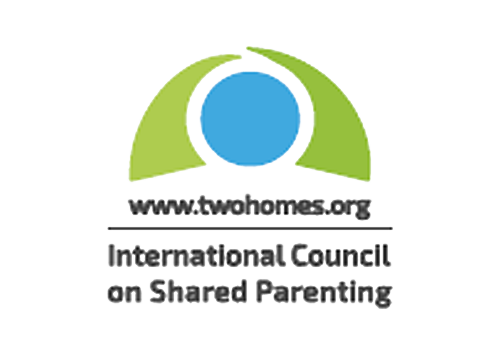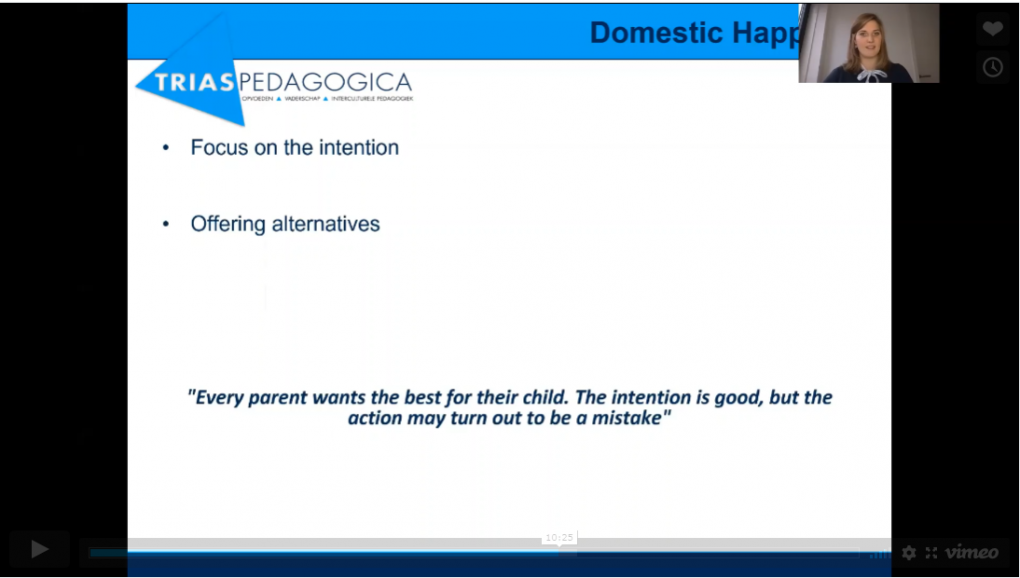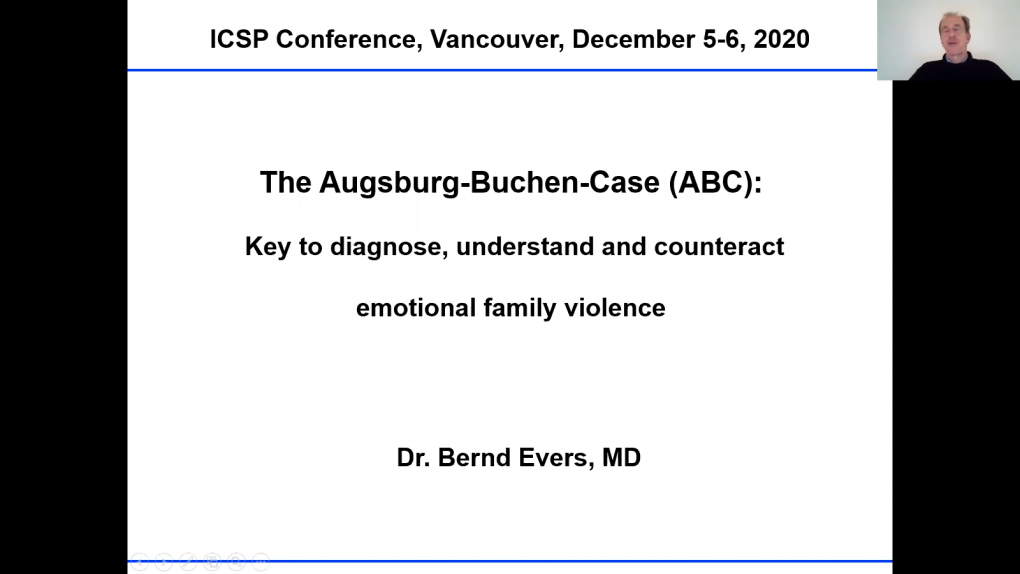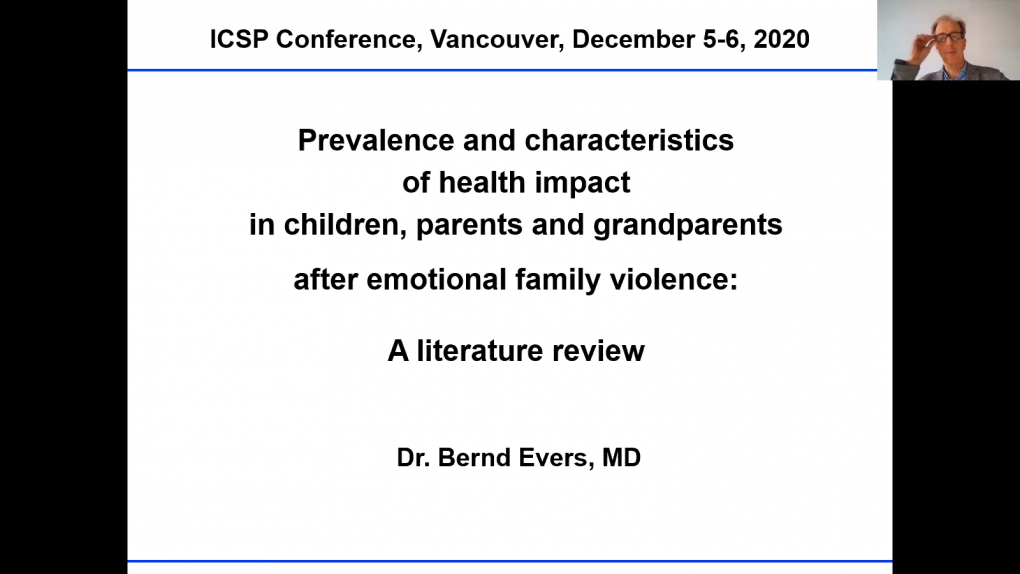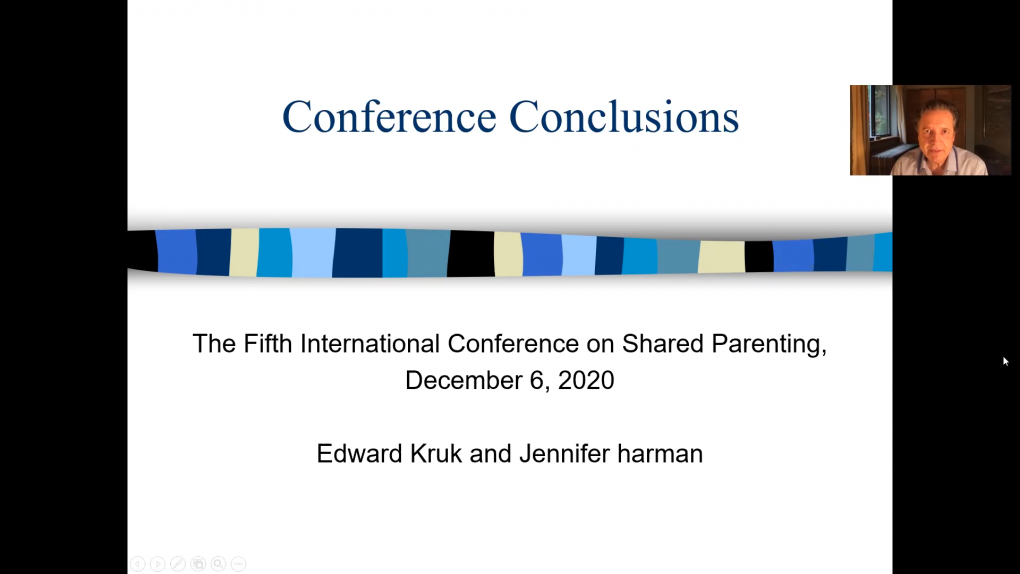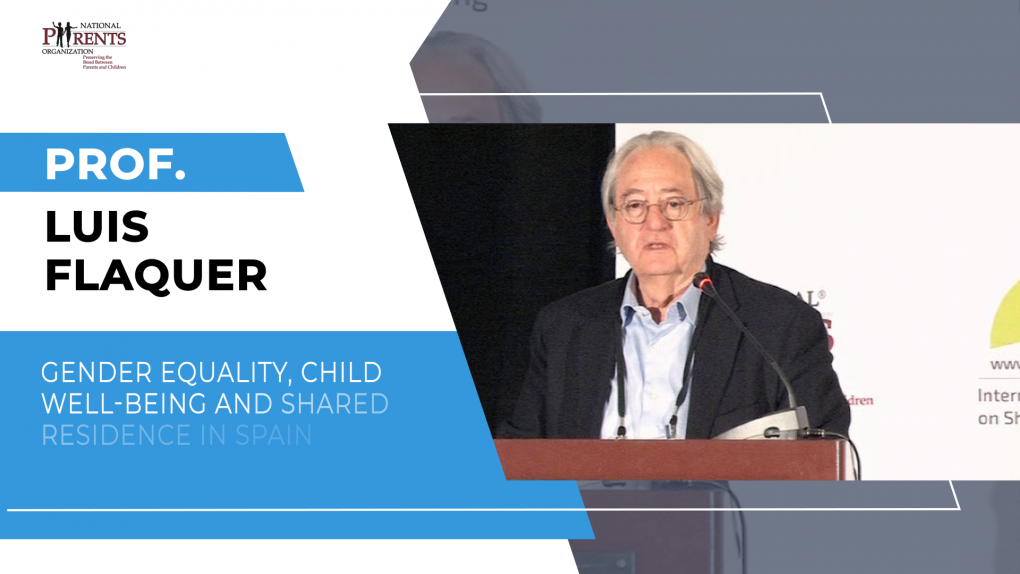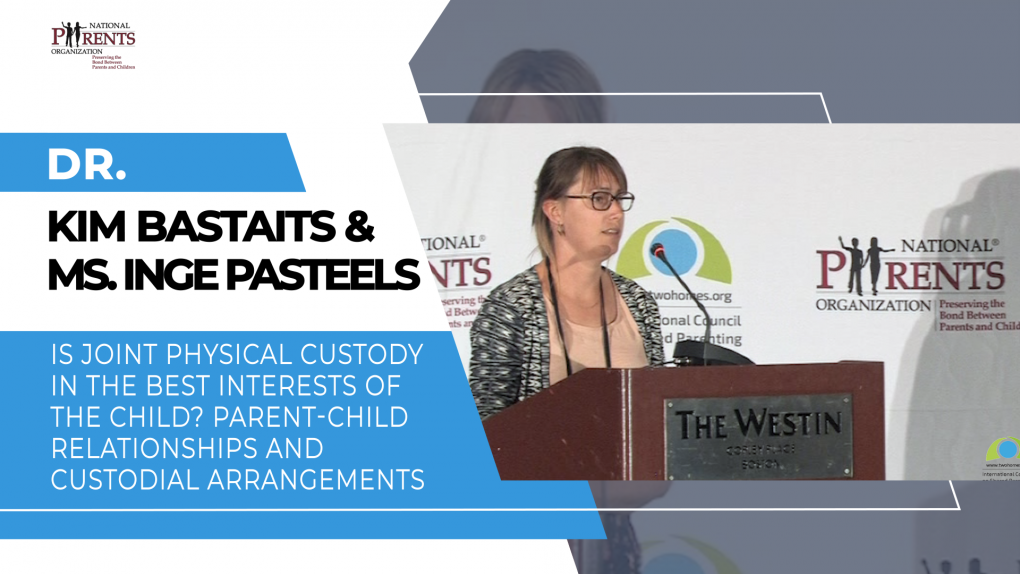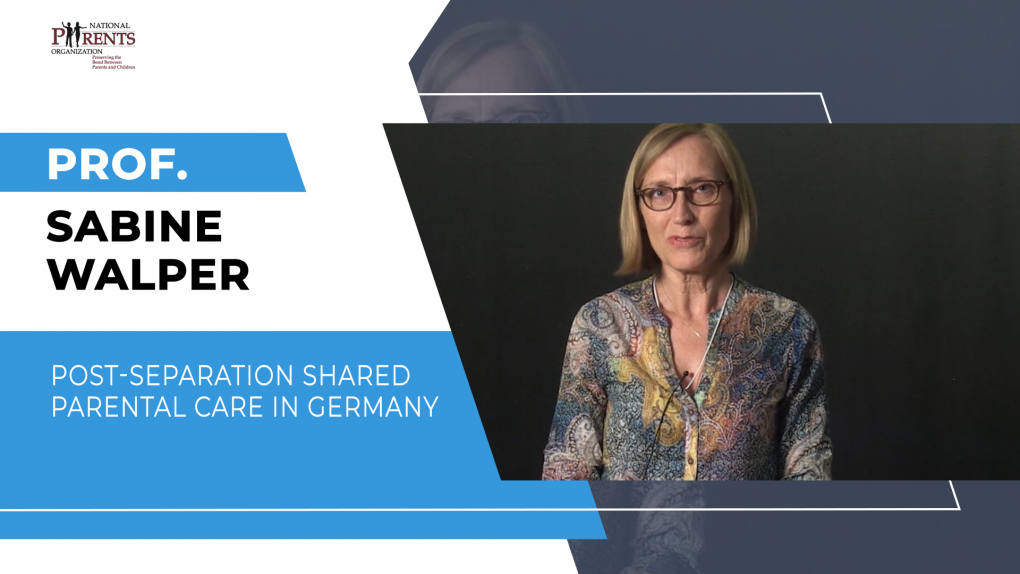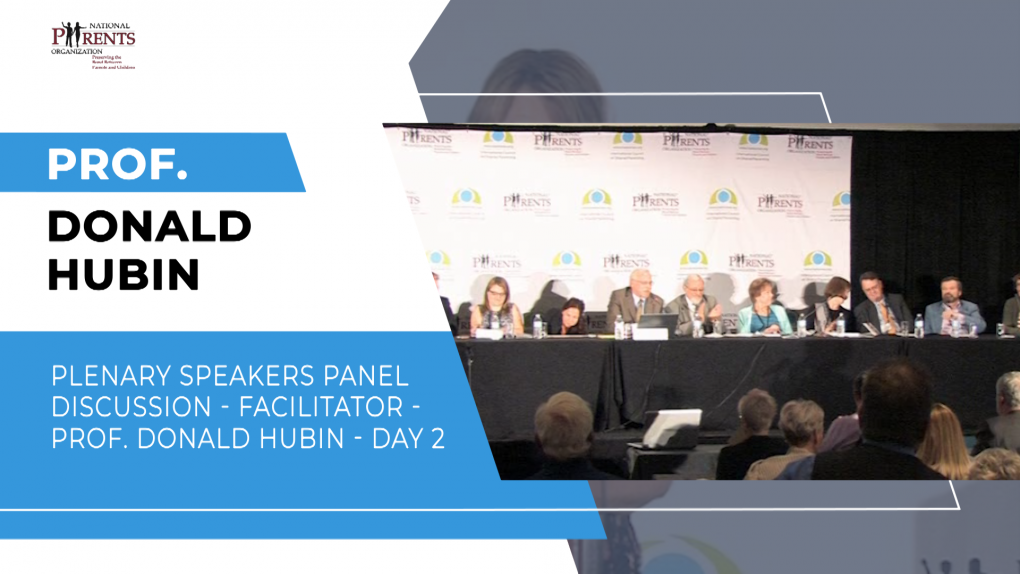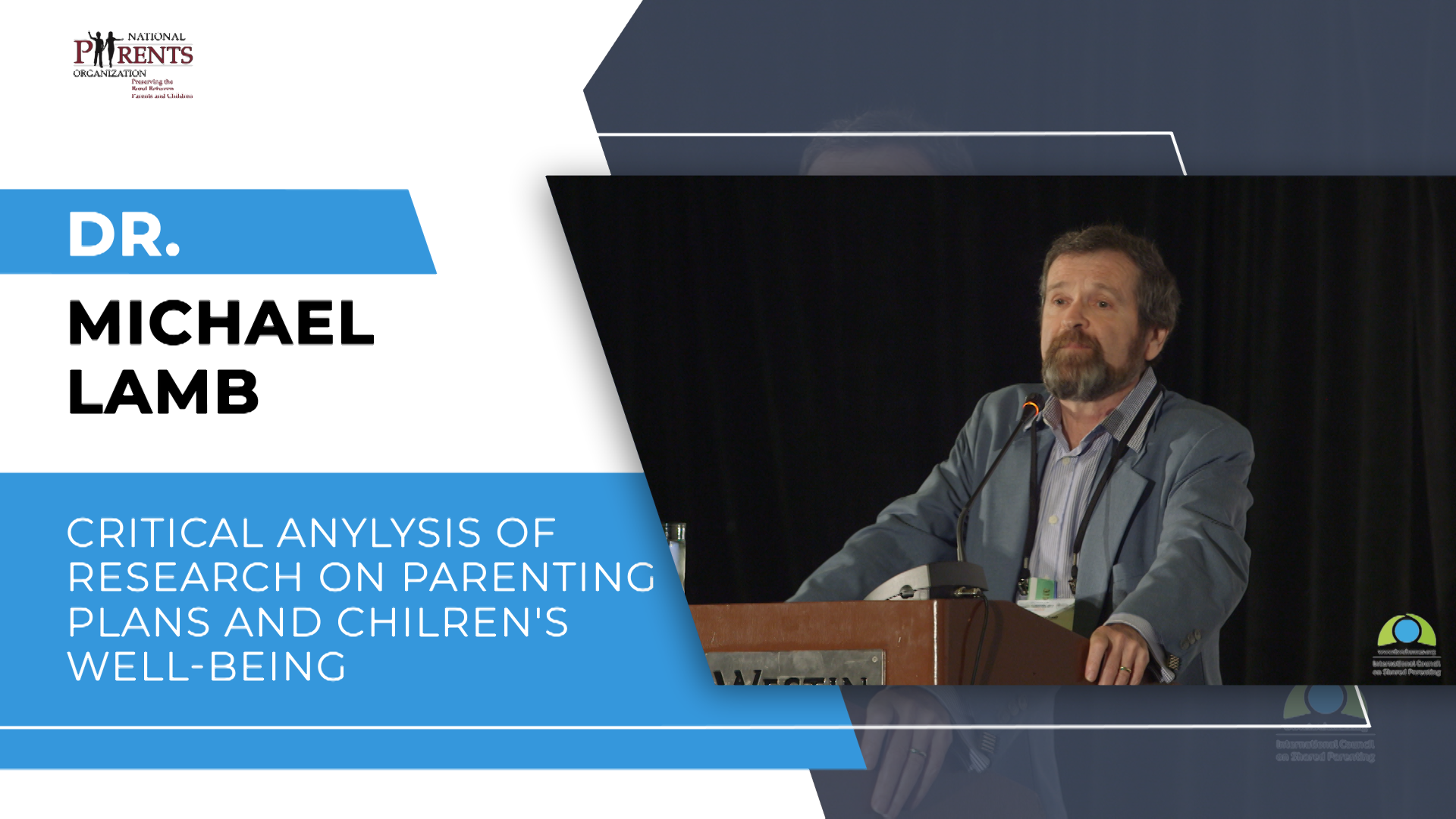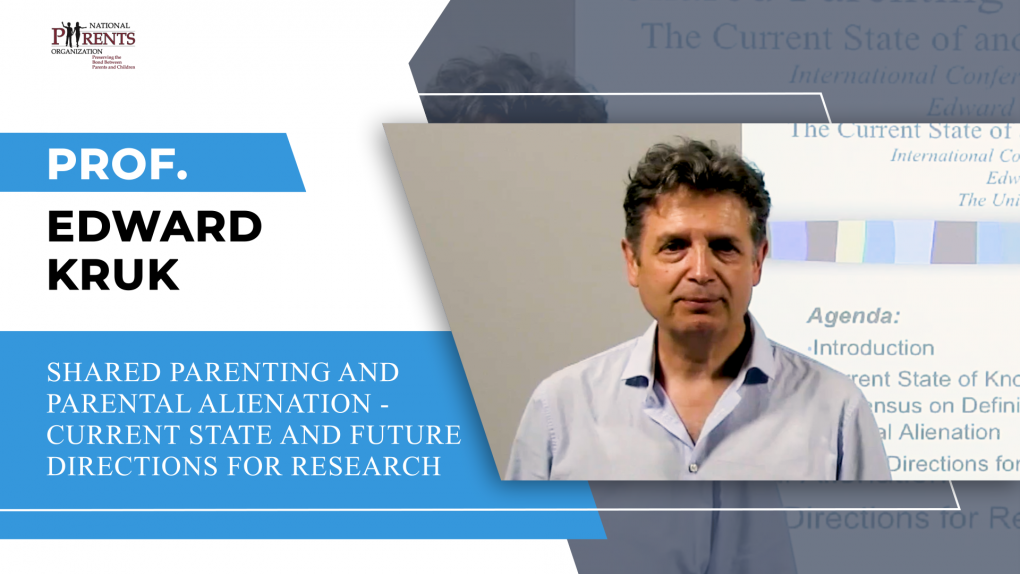Educational Debates with Fathers about Domestic Happiness: A Successful Method in the Prevention of Domestic Violence in the Netherlands
The Augsburg Buchen Case (ABC): Keys to Diagnose, Understand and Counteract Emotional Family Violence
Relevance of the Topic – Current Situation – Challenge – Purpose of the Study: As consequence of separation and divorce, the annual rate of affected children in Germany is calculated as to be as high as 160.000-200.000. Various German and international studies revealed a percentage of up to 70%, in which children lost one parent either substantially or totally, associated with a significant psychosomatic morbidity rate comparable with the one after death of a parent, most recently been reported by Meland et al. (2019). As of now, all over Germany a very heterogeneous procedure after separation and divorce concerning all involved actors led to very heterogeneous outcomes especially with focus on the children´s way ahead, while the role of emotional family violence has only sporadically been investigated. Therefore, the purpose of the presented case study has been to prospectively observe and analyze a couple`s separation and divorce particularly focusing on the well-being of the two involved elementary school-aged children. The case of highly different co-operating parents developed from a ready-to-go equiparental model situation into a move-away of the non-cooperating parent (nc-p) and subsequent disruption of both children out of their well-established center of life (provided by the cp) to an austere farm more than 250km part from one of the other days. Objective of the study was 1) to analyze the root causes of such a children`s disruption course, dominated by emotional child abuse focusing on the role and behavior of a) both parents as well as b) all involved professional key actors and develop necessary ways-out and 2) to apply and test an innovative semiqualitative scoring system for supporting the assessment of the actors and their interdependencies to ease the understanding of the situation and support the decision making process with special emphasis on emotional family violence. Material/Methods: The case study has been started in 2016 and has now been conducted for 43 months, including two different local systems in Augsburg and Buchen (pre and post move-away). Throughout this period the following aspects were monitored and analyzed: Role and behavior of parents (cp:co-operating parent versus n-cp: non-cooperating parent) in terms of willingness and capability to co-operate to find children-needs-based solutions as well as key aspects such as ability to foster the children`s development, children-parents relation, continuity and binding tolerance. Furthermore, the biographies of both parents were analyzed in terms of own experience and exposure to emotional and physical family violence. Role, behavior and focus of interest of key professional actors (both parties` lawyers, judges including district court und higher regional court, family consulting institutions as well as youth welfare office representatives, guardian ad litem, teachers etc.) in terms of competence (profession-focused knowledge with special focus on family violence, experience), engagement, availability, children focus, personal biographic background, conflict of interest (monetary or role-specific), communication style and willingness to come up with agreements and children-focused solutions. Furthermore, a rough multilateral cost calculation has been undertaken to illustrate the financial flow between the main actors. Results: The root cause of the escalating development from a ready-to-go for equiparental children`s care case to a move-away of the n-cp associated with the immediate disruption of the children out of their center of daily life with subsequent complete alienation of one and partial alienation of the other child can be clearly seen as a result of a complex-orchestrated combined behavior of all key actors. Key factors of the deterioration of the situation was a constant process of emotional family violence applied by the n-cp, based on a triad of blocking behaviour in terms of co-operation at the parent level, isolated decision of the n-cp in important decisions about the children without information to the cp and constant defamation of the cp along with constant manipulation of both kids covering the whole spectrum of emotional family violence including subtotal alienation of both kids. Further factors of relevance were constant fueling of the conflict by at least one lawyer, lacking competence, capability and willingness of the consulting actors as well as the youth welfare office representatives, significant conflict of interests and bias of the guardian ad litem, a decision of the local and the higher court neither applying the current national and international laws nor the well-established current scientific knowledge on children`s well-being, especially ignoring all signs of constant emotional family violence. The n-cp`s biography revealed a long history of emotional family violence. Significant interdependencies as well as total lacking transparency and control from outside significantly contributed to this unique escalating development. Some actors such as the n-cp and the guardian ad litem significantly benefitted from this development financially. The most striking take-away however was, that children`s support and protection was not available at any phase of the process at all.
Prevalence and Characteristics in Children, Parents and Grandparents After Emotional Family Violence: A Meta-Analytical Approach
Relevance of the Topic – Current Situation – Challenge – Purpose of the Study: As consequence of separation and divorce, the annual rate of affected children in Germany is calculated as to be as high as 160.000-200.000. Various German and international studies revealed a percentage of up to 70%, in which children lost one parent either substantially or totally, associated with a significant psychosomatic morbidity rate comparable with the one after death of a parent, most recently been reported by Meland et al. (2019). As of now, all over Germany a very heterogeneous procedure after separation and divorce concerning all involved actors led to very heterogeneous outcomes especially with focus on the children´s way ahead, while the role of emotional family violence has only sporadically been investigated. Therefore, the purpose of the presented meta-analysis was to provide an update on studies focusing on the health status of children, but also of parents and grand-parents exposed to emotional family violence to estimate the overall relevance and develop strategies to better prevention, diagnosis and treatment. Material/Methods: All world-wide published (1970-2020) and listed larger studies focusing on morbidity after child abuse with special focus on emotional family violence were screened and assessed with special focus on prevalence and characteristics of psycho-somatic symptoms and prognostic factors. A limited number of studies with appropriate study groups sizes and study designs was found at least covering the morbidity situation in children, why the number of studies on parents and grand-parents was extremely limited. Results: A considerably high prevalence was found in all studies primarily consisting of depressions, inferior self-awareness, eating disorders, cognitive deficits and diminished stress tolerance. Also, the social behaviour was considerably impaired including increased aggression with up to criminal activities, Also, patterns of reinsceneration of own childhood biography of emotional family violence was frequently reported. Conclusion: Exposure to emotional family violence clearly leads to a higher prevalence of psycho-somatic symptoms in children. The study situation on the health status of parents and grand-parents is very limited, however also shows significant symptoms resembling the portfolio of symptoms reported in children. In many cases the work strength is considerably limited up to early retirement due to constant high stress levels. The health-related burden to the overall society including also the socio-economic consequences are assessed to be highly relevant. However, larger studies are required to obtain further details of this highly relevant topic.
Conference Conclusions ICSP 2020
Edward Kruk, PhD Dr. Edward Kruk is Associate Professor in the School of Social Work at the University of British Columbia, President of the International Council on Shared Parenting, and Co-chair of the Scientific Committee of the Fifth International Conference on Shared Parenting. His research and teaching are focused on child and family policy and practice, and he has published …
Gender equality, child well being and shared residence in Spain
Prof. Lluis Flaquer – Gender equality, child well-being and shared residence in Spain
Is joint physical custody in the best interest of the child? Parent-child relationships and custodial arrangements.
In legislation, there has been a shift from sole custody, mainly for mothers, to joint physical custody. This is believed to be in the best interest of the child, as children can maintain a good relationship with both their mother and their father after a parental divorce.
Post-separation shared parental care in Germany
Compared to other European countries, there is a lack of information about post-separation parenting arrangements in Germany.
Plenary Session – Plenary Speakers Panel Discussion Day 2
Facilitator: Prof. Donald Hubin Ohio State University, USA
Speakers:
Dr. Michael Lamb Cambridge University, UK
Prof. Edward Kruk ISCP President, University of British Columbia, Canada
Dr. Malin Bergström Karolinska Institute, Sweden
Prof. Hildegund Sünderhauf Lutheran University of Applied Sciences Nuremberg, Germany
Prof. Patrick Parkinson University of Sydney, Australia
Dr. William Austin Child Custody Services, USA
Critical analysis of research on parenting plans and children’s well-being
In order to understand children’s responses to the divorce or separation of their parents, it is important to understand normative processes of development, including the development of child-parent relationships, stress reactivity, vulnerability and resilience, as well as individual differences in these domains. In that context, it is easier to conceptualize the diverse ways in which children with different backgrounds might be affected by their parents’ separation. My presentation will review published research from this perspective.
Shared parenting and parental alienation: current state and future directions for research
The intersection of shared parenting and parental alienation is a vital issue for social science research, as it has long been argued that parental alienation flourishes in situations where one parent has exclusive care and control of children, and primary residence of children is often granted to parents with serious psychological problems who mount the stronger case in the adversarial arena (McMurray and Blackmore, 1992; Kruk, 2013). Yet according to Saini et al (2016), there are still relatively few high-quality studies of parental alienation, and the alienation phenomenon remain a hypothesis in need of further empirical testing.
This presentation will examine the current state of research on parental alienation, arguing that research advances over the past two years allow us to conclude that parental alienation is far more common and debilitating, for both children and parents, than previously believed. I will argue that given the social science consensus on the reality of parental alienation, the need for research on the effectiveness of different approaches to parental alienation reunification is urgently needed, as reunification programs are rapidly being developed in response to the increasing professional recognition of parental alienation and the corresponding demand for reunification programs. A case will be made for the need for both quantitative research from the perspective of children and parents themselves and qualitative research utilizing a “simulated client” data gathering technique. The presentation will conclude with a summary of the current state of knowledge on parental alienation, and specific recommendations for the study of reunification programs.
- Page 1 of 2
- 1
- 2

